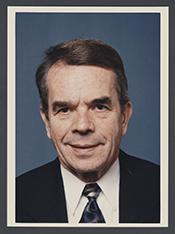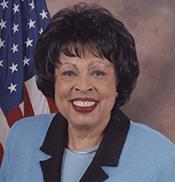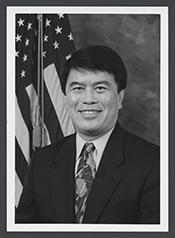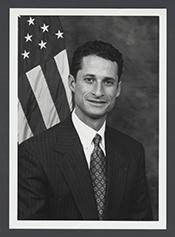0
Public Safety Employer-Employee Cooperation Act of 2001
1/16/2023, 2:48 PM
Congressional Summary of HR 1475
Directs the Federal Labor Relations Authority (FLRA) to determine whether State law provides specified rights and responsibilities for public safety officers, including: (1) granting public safety employees the right to form and join a labor organization which excludes management and supervisory employees, and which is, or seeks to be, recognized as the exclusive bargaining agent for such employees; and (2) requiring public safety employers to recognize and agree to bargain with the employees' labor organization.
Requires the FLRA to issue regulations establishing collective bargaining procedures for public safety employers and employees in States that do not substantially provide for such public safety employee rights and responsibilities. Directs the FLRA, in such cases, to: (1) determine the appropriateness of units for labor organization representation; (2) supervise or conduct elections to determine whether a labor organization has been selected as an exclusive representative by a majority of the employees in an appropriate unit; (3) resolve issues relating to the duty to bargain in good faith; (4) conduct hearings and resolve complaints of unfair labor practices; and (5) resolve exceptions to arbitrator's awards. Grants a public safety employer, employee, or labor organization the right to seek enforcement of such FLRA regulations and authority through appropriate State courts.
Prohibits public safety employers, employees, and labor organizations from engaging in lockouts or strikes.
Provides that existing collective bargaining units and agreements shall not be invalidated by this Act.





